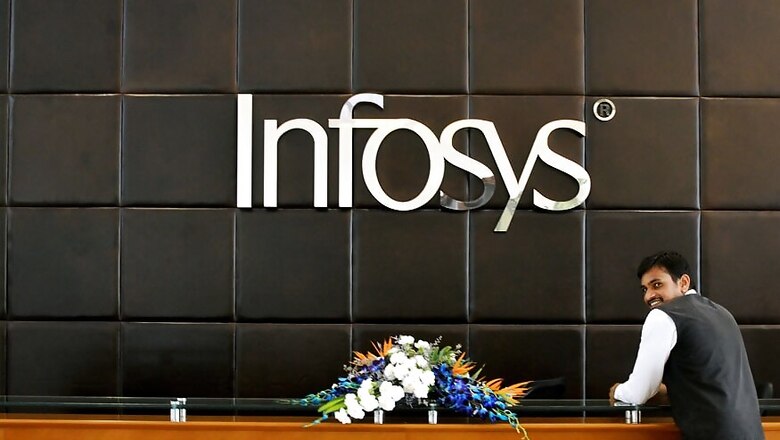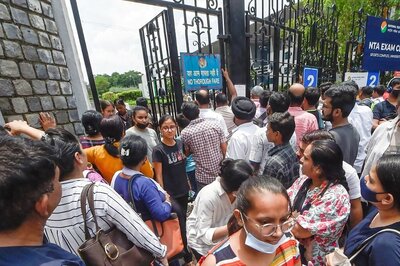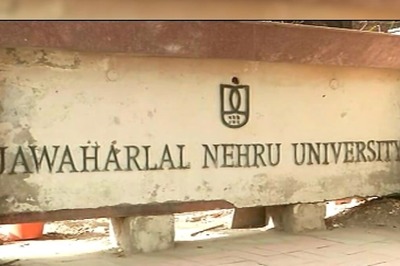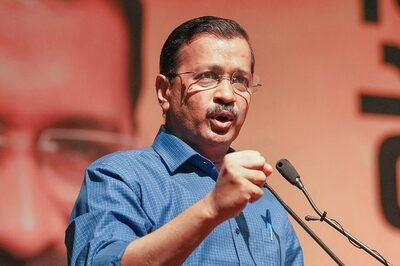
views
Bengaluru: India’s second largest IT company, Infosys, on Saturday said it is in the process of finalising a suitable “distribution mechanism" for its Rs 13,000-crore capital allocation plan to shareholders for this fiscal.
Speaking at the 36th AGM of the company, Chairman R Seshasayee said Infosys is committed to execute the capital allocation policy announced on April 13, 2017 "in a timely manner".
"As the company has a large shareholder base and is listed in multiple countries, the manner of distribution to shareholders requires compliance under laws of several jurisdictions," he said.
The company, he added, is in the process of finalising a "distribution mechanism" that complies with the applicable regulatory requirements in the "best interest" of all shareholders.
Over the past few months, the Bengaluru-based tech giant has received criticism from various quarters over issues like alleged governance lapses and high compensation doled out to top executives. It was also under pressure to return surplus cash to shareholders through buyback or liberal dividends.
In a bid to bring about "further transparency", Infosys has now put up a document on its website detailing out the policy on executive compensation, the key performance indicators for variable pay and other related matters, Seshasayee said.
The founders, including N R Narayana Murthy, have been vocal about the high compensation paid to CEO Vishal Sikka and COO U B Pravin Rao and have also questioned the severance package paid to former CFO Rajiv Bansal and general counsel David Kennedy. Founders seemed to have given the company's AGM a miss.
Seshasayee further said the board believes it is their duty to "listen" every shareholder and introspect further to improve performance or take corrective actions.
"When comments are made by founders, we consider them even more seriously and respectfully, as we all recognise that we are but trustees of an extraordinary institution that has been the result of labour, foresight and genius of an extraordinary group of founders," he said.
Seshasayee, who retires next year, admitted that the company's communication related to leadership compensation "could have been better".
"In the aftermath of criticism, the board introspected and recognised that our communication in this matter could have been better," he said.
He blamed the media for misinterpreting the management's relationship with the founders.
"I should note that the board's relationship with the founders is often the subject of certain inaccurate media reports," he said.
The recent reports suggested that the board had added a risk factor in its recent SEC filing just to send a veiled message to the founders.
"This is not true as this risk factor was inserted as per applicable law," he clarified.
He also highlighted the transformation that Infosys was undergoing especially amid an uncertain external environment.
These included transformation into a software-plus company, one pertaining to global leadership talent, and the "rather abrupt transition" from being a promoter-led board and management to an independent and professionally managed company.
"None of this is easy," he said. Seshasayee said rapidly spreading protectionism and escalating demand from clients for more value for their technology investment together had made the business environment "extremely challenging".
"We have instituted a committee of directors to closely monitor execution and enhance alignment between the board and the management in strategic responses to changing market situations," he said.




















Comments
0 comment